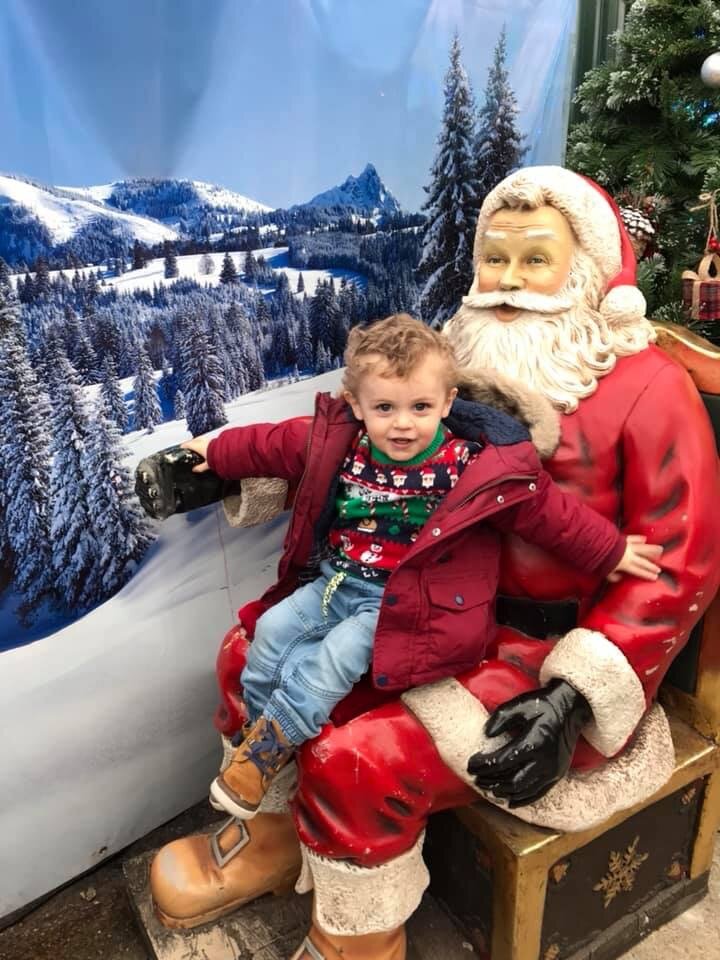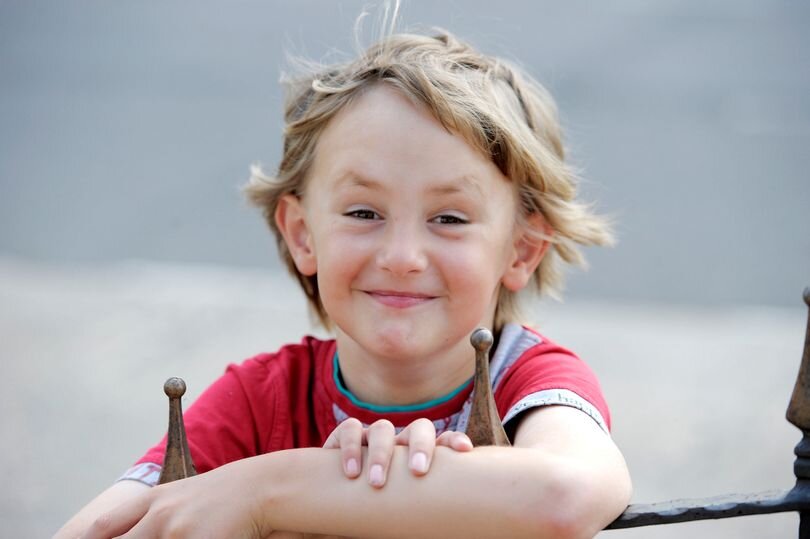Latest News, Grants & Research Reports
Read our latest news, blog posts and research updates right here

Meet our Great Give It Up participants!
In the run up to the Great Give It Up in March, we wanted to introduce you to a couple people, to show how your fundraising efforts really do make a difference.
Mik and Keira tell us why they’re giving up something they love this March.

Can a keto diet enhance therapy for neuroblastoma?
In 2019, we awarded nearly £5,000 to Prof Robert Falconer and Xiaoxiao Guo at the University of Bradford.
This research grant enabled them to explore the potential for a ketogenic diet to enhance neuroblastoma therapy. Let’s find out more.

Alan Carr chucks the chocolate to help children with neuroblastoma
To mark International Childhood Cancer Day, comedian and chocoholic Alan Carr is giving up his favourite treat to raise money for research into neuroblastoma.
Alan is supporting the Great Give It Up this March and said, “I love a cheeky bit of chocolate and it’ll be a huge challenge for me to give it up! But it’s nowhere near as big a challenge as what these children go through.”

International Childhood Cancer Day
Saturday 15 February is International Childhood Cancer Day.
It’s a special day to raise awareness of childhood cancer and support children with cancer, survivors and their families. Find out how you can help.

Alan Carr supports the Great Give It Up
Ahead of World Cancer Day on Tuesday 4 February, comedian Alan Carr and celebrity patron of Neuroblastoma UK is challenging the nation to join the Great Give It Up this March.
The campaign aims to raise money for vital research into neuroblastoma - a rare childhood cancer and the most common solid tumour in children after brain tumours.

Understanding how neuroblastoma develops
With Children’s Cancer and Leukaemia Group (CCLG), we awarded £72,656 to Dr Anestis Tsakiridis at the University of Sheffield.
The team are working to understand how human trunk neural crest cells become cancerous. This research could lead to further investigations to stop neuroblastoma cells from developing.
Dr Tsakiridis shares his motivations, why team work matters and tells us more about his exciting work.
Dr Zoë Walters’ research into combination therapies
In 2019, as part of our Small Grants programme, we awarded £5,000 to Dr Zoë Walters at the University of Southampton.
Dr Walters tells us more about her research into the treatment of neuroblastoma, why she is passionate about cancer research and how she hopes to make a difference to children with neuroblastoma.

‘One in a million’ Oscar supports new fundraising campaign
Two year old Oscar and his family are supporting a new Christmas campaign with Neuroblastoma UK, to raise vital funds for neuroblastoma research, after their Christmas wish came true in 2018.
Oscar, from Waterlooville in Hampshire, was just 18 months old when he was diagnosed with neuroblastoma, a rare childhood cancer. He was also diagnosed with dancing eye syndrome - a rare neurological condition affecting around one person in a million worldwide, which can sometimes be associated with neuroblastoma.

13 year old boy who survived rare childhood cancer TWICE supports new fundraising campaign
13 year old Ryan Savage is featuring in a new Christmas campaign to raise vital funds for neuroblastoma research.
Ryan was first diagnosed with neuroblastoma when he was just three years old. He was given a 5% chance of survival and doctors told his parents that he may not live to see Christmas.
This Christmas campaign aims to #GiveHope to families like Ryan’s by raising money for fund leading research which aim to deliver new, more effective and kinder treatments for children with neuroblastoma.

Camels, antibodies and cancer cells
We have joined forces with the Bradley Lowery Foundation to provide funding of £153,369 to the Laman group.
The team hope to develop a new approach in targeting the protein N-Myc, a well known cause of some of the worst neuroblastomas. Dr Laman answers our questions about her role, her team and how camels may help get us a step closer to a cure for neuroblastoma.
